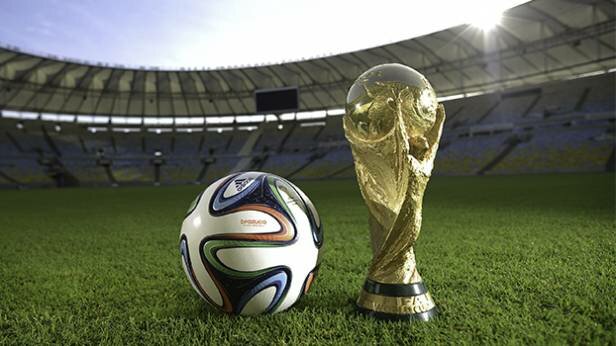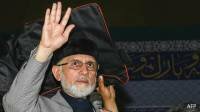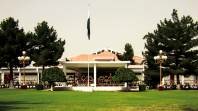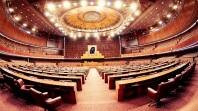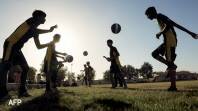The FIFA World Cup is the greatest sporting event on the planet. 32 countries travel to Brazil this year to take part in a tournament that attracts a viewership of almost one billion people. The World Cup final in 2010 alone drew a global audience of 700 million people, and in the adopted home of the game, Brazil, that number is expected to be even higher.
Brazil have won the most World Cups in the tournaments history, aspirations to win at home are enormous, host countries generally do well too, teams having won the trophy on domestic ground six out of the seventeen total times it has been contested. For a country otherwise wracked with economic crisis and racial divides, football is the one unifying thing. To Brazilians it is more than a sport, it is a religion, a way of life.
The big European powers will also stake their claim. Germany, three times winners and four times runners up, travel to Brazil with a highly rated squad. Historical underachievers Spain turned the tide of misfortune with a victory in 2010. Italy and France come with their own hopes and burdens, the always talented Holland are rejuvenated with youth, as are England, who haven’t won the trophy since 1966, when they were hosts themselves.
But perhaps much of the focus that isn’t on the hosts will be on their neighbours and eternal rivals, Argentina instead. Winning a World Cup in South America on your rival’s soil, there are few greater prizes in the sport, not doing so will be a missed opportunity, especially with arguably the greatest player to have ever played the game, Lionel Messi, on your side.
Messi bears the weight of expectation like few players before him. Messi’s burden is not only of his mercurial abilities or the twenty four years his country has waited to contest another final, it is also the burden to live up to Argentinian legend and idol, the living myth of Diego Maradona.
The name Maradona is synonymous with football and World Cups. There are people who swear to have started watching the sport only to see Maradona kick a ball. He commands a devotion comparable to the Pope. He led Argentina to a World Cup victory in 1986. It is demanded of Messi to do the same, not just for the trophy itself, but for his legacy, to earn his rightful place in the sports history.
All the best players in the game have left memorable marks at footballs biggest stage. Messi has had two disappointing outings so far, leaving many to question his temperament and hunger outside the comfort of his club team in Spain, Barcelona.
Away from the limelight, 9 teams from Africa and Asia, including our neighbours Iran, will also be participating. Iran return to the World Cup after a one tournament absence and ban by FIFA for political reasons. The football mad country has been drawn with first time entrants Bosnia, frequent entrants Nigeria, and one of the aforementioned tournament favourites Argentina.
More relevant local interest in the tournament comes from the fact that the official match ball used by FIFA has been manufactured in Pakistan. The production of the Adidas Brazuca match ball was outsourced to a Forward Sports company in Sialkot, ending a period of ten years where FIFA refused to use Pakistan made balls over concerns about child labour.
The tournament gets underway on June 12th with the hosts Brazil playing Croatia in the opening game, and the previous day will see the inauguration ceremony conducted with usual pomp and splendour associated with FIFA events. The final will be played a month later on July 13th, all games will be shown live on PTV Sports.

